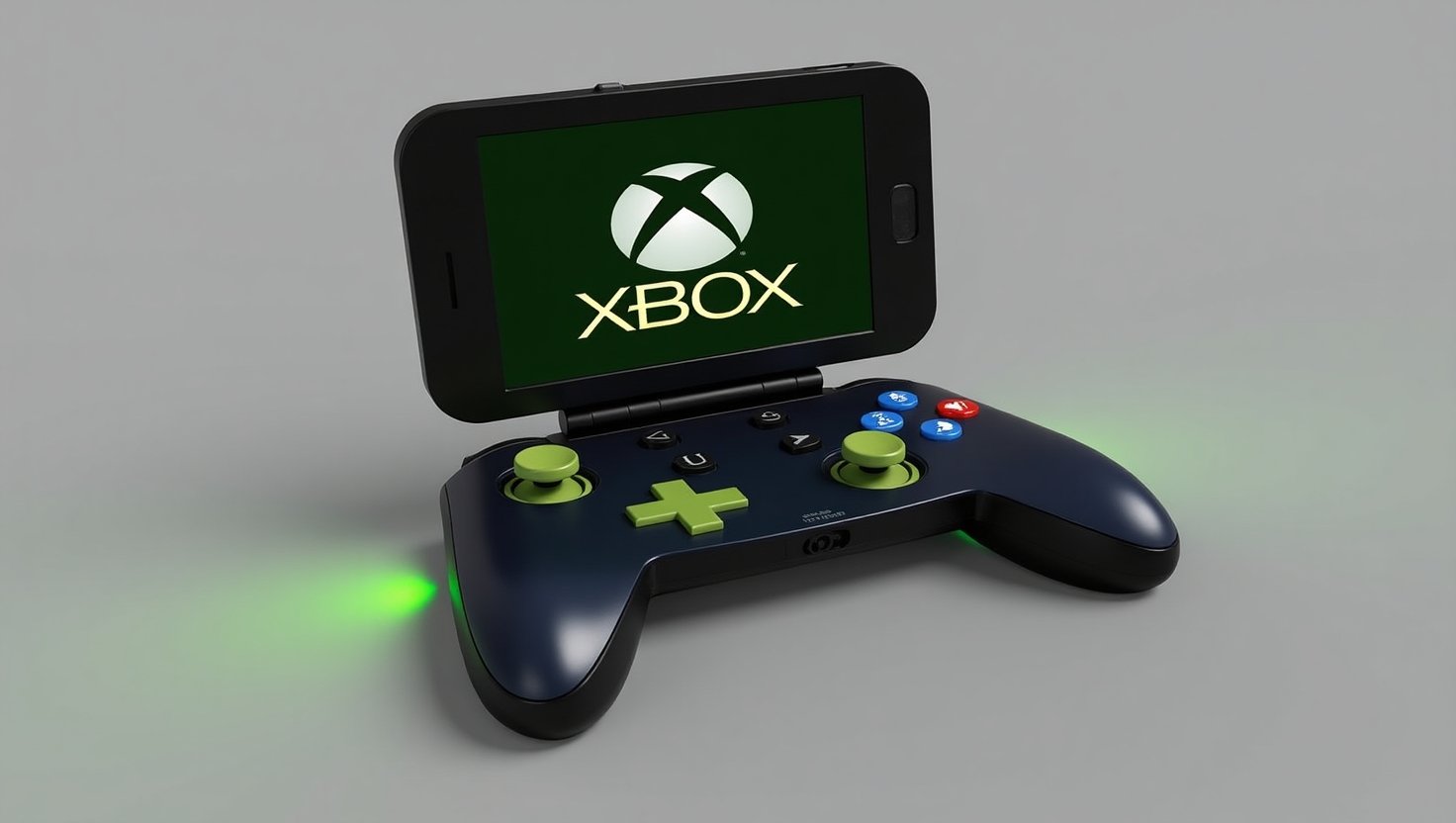The Future of Gaming: Will Microsoft Launch an Xbox Handheld?
Introduction
Prepare for a seismic shift in the gaming landscape as the market pivots toward handheld supremacy. The advent of the Nintendo Switch has spawned a new era of mobile gaming that other tech giants are scrambling to emulate. Among these contenders, Microsoft’s potential foray into handheld devices—an Xbox handheld—leaves players eagerly waiting and critics whispering in the shadows. But will Microsoft make the bold move that could redefine its gaming empire?
Microsoft’s Handheld Gaming Aspirations
Microsoft’s dance with destiny began years ago, as whispers about a potential Xbox handheld permeated the gaming community. Yet, every attempt seemed to dissolve into gaming lore. Recently, rumors surfaced that Microsoft had canceled development of an in-house handheld, which was allegedly poised to feature a custom AMD gaming CPU. Why? The stark reality: AMD costs tied to a minimum order quantity demanded Microsoft commit to buying more units than the current market trends could justify source.
Calculating the risks, Microsoft reportedly balked at AMD’s demand for an order of 10 million units. The comparison is clear when we see that the successful Steam Deck has only amassed sales of about 5 million units. The financial intricacy nearly mimics Apple’s alleged reluctance to remake their iPhone SE for a shrinking \”small phone\” market—demand and feasibility rarely coincide.
AMD’s Role in the Handheld Market
Delve into the labyrinth of gaming hardware, and you’ll find AMD at its heart, particularly prominent in the handheld sector. With strides that rival Usain Bolt, AMD has evolved past supplying bulky desktops and become a core component of sleek, powerful handhelds.
AMD’s stipulation for Microsoft wasn’t just about CPUs; it was about wielding the powerful, yet costly, dedicated SoC that could propel Microsoft’s vision into a palpable reality. However, negotiating a deal for 10 million SoCs, when sales data stubbornly hover around 5 million, aligns with rejecting a golden egg bound to an anvil.
Current Trends in Handheld Gaming
The handheld gaming market is a ferocious beast, boasting competitors like the Steam Deck and valiant newcomers. Steam Deck’s tidy sum of 5 million units sold reveals the appetite for gaming electronics that marry convenience with power. But the sobering truth is that other contenders, such as Asus or KeplerL2, shuffle around the 1 to 2 million mark source.
Precisely where does this leave Microsoft? Teetering on the brink of an uncertain venture. A potential Xbox handheld faces not just the odds of fierce rivalry but the compulsive nature of the current console versus mobile gaming ecosystems. Akin to pitting a chess master against a poker card shark, Microsoft may find that enthusiasm doesn’t always correlate to sales success.
Alternatives to an Xbox Handheld
As gamers covet portable solutions, current devices speak volumes. Look to Asus or niche brands—they each offer unique configurations that appeal to ardent fans. Yet none carries the weight of an Xbox label—a potential icon yet to roar.
Despite formidable hardware specs touting competence akin to rumored Xbox configurations, these competitors lack Microsoft’s historical gravitas and ecosystem enticement. Thus, the stage is set for ambivalence—a phenomenal design could still fumble without shrewd business acumen.
Conclusion
The critical question remains: Is an Xbox handheld the future avatar of gaming’s evolution? Skeptical yet hopeful, we watch for signals as bold as Microsoft’s past. Analysts might argue trepidation over unit sales calls for caution, but isn’t audacity the very lifeblood of tech pioneers?
Join the discourse: Will Microsoft chart new territory or retreat from the ambitious cost of revolutionizing their gaming hardware? Let your voice be the harbinger of insight, as companies like Microsoft and AMD strategize their next big, or perhaps handheld, leap into the gaming cosmos.
—
Related Articles:
– Will Microsoft Launch an Xbox Handheld?
As the narrative unfolds, your thoughts could be the catalyst for the future of handheld gaming.

